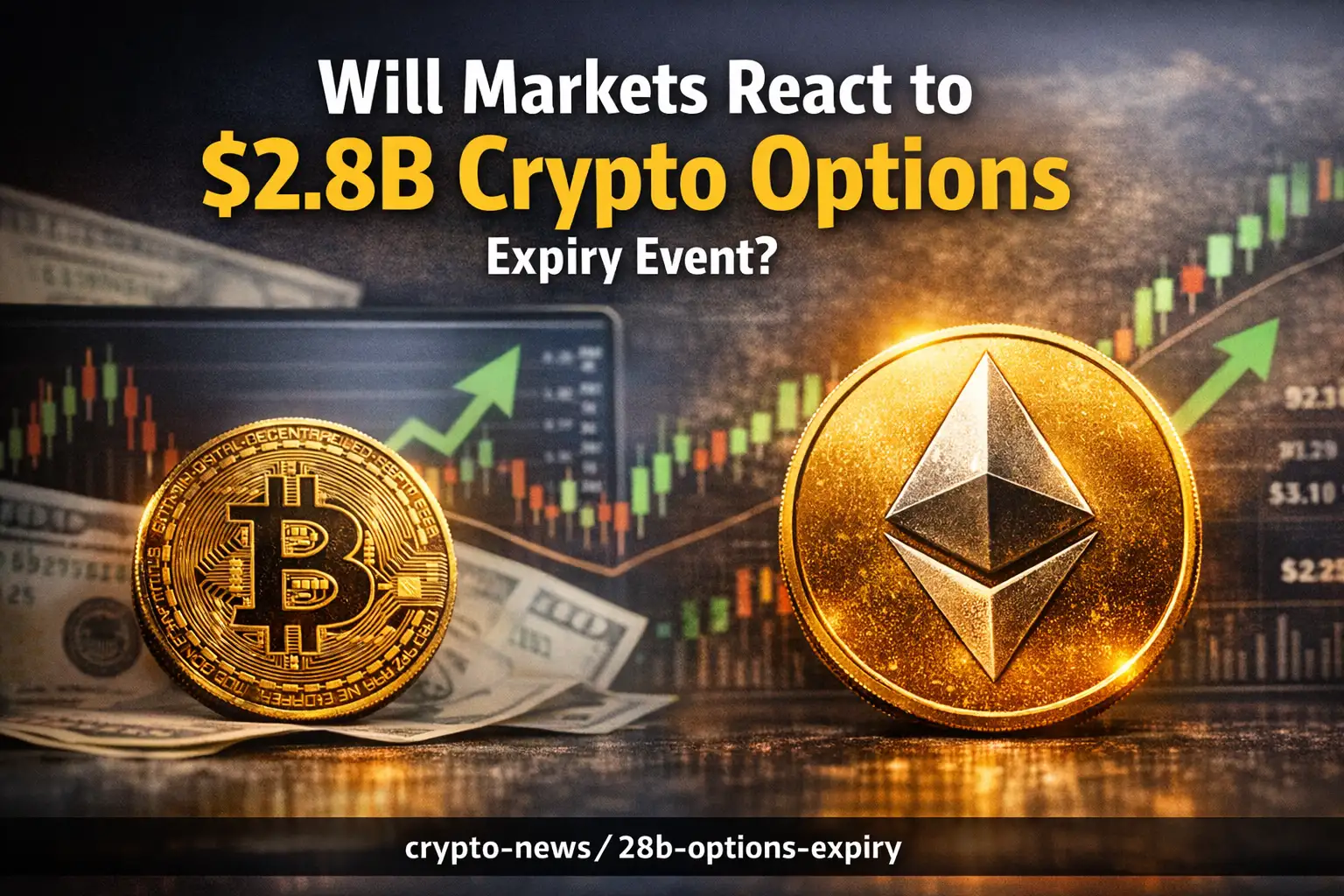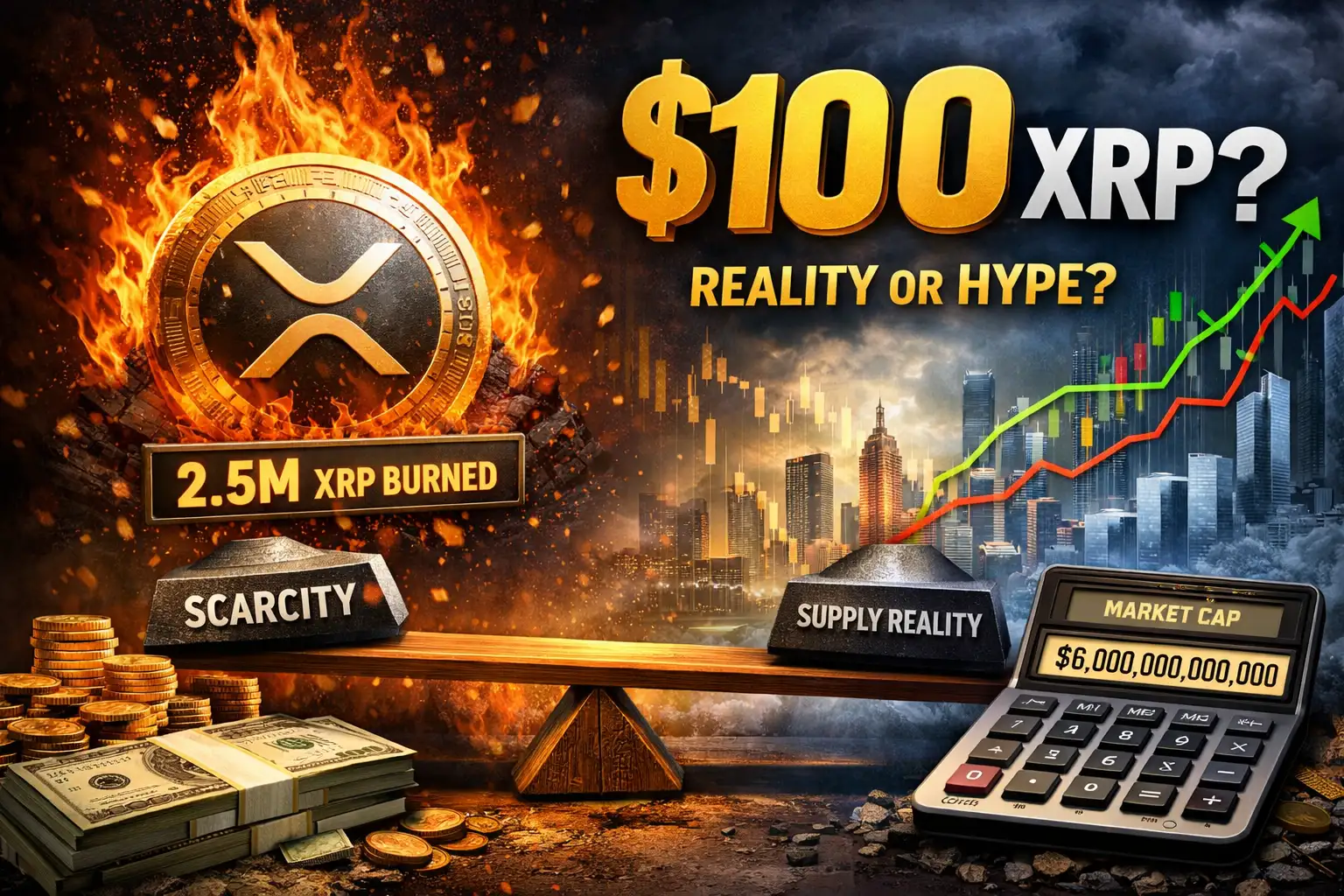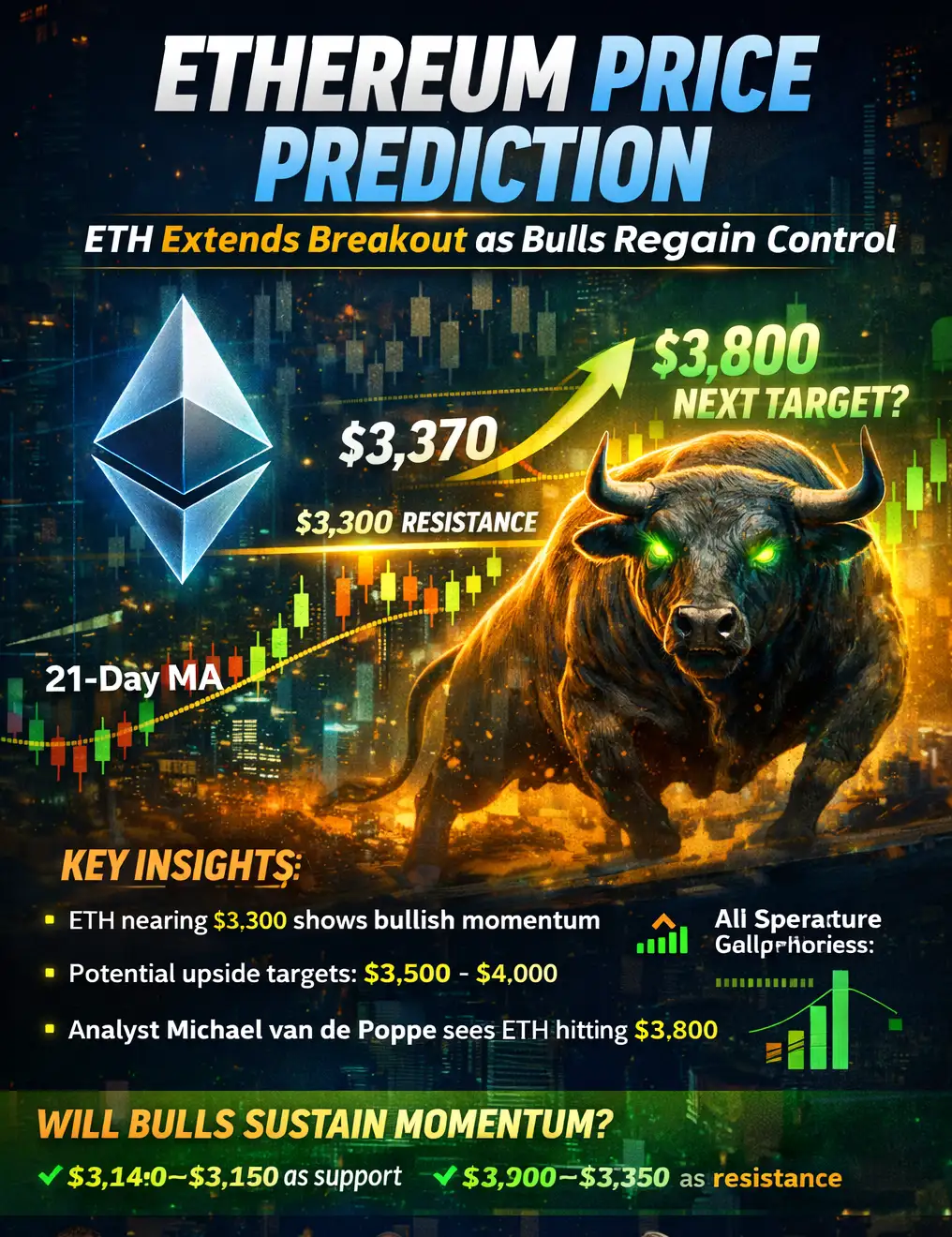
Tokenization of real-world assets(RWA) is a key player in revolutionizing the utility value of the blockchain network. Tokenization of real-world assets on the blockchain network, disrupted the traditional and formally obtainable way of owning and trading real world assets. Therefore, there is widespread adoption of digital tokens representing real world assets.
However, traders, investors and other market players are mostly unaware of the regulatory framework that has been positioned to regulate the digital activities and at the same time, protect users and investors from fraud, ensure financial stability and provide legal clarity to prompt compliance.
Regulatory framework for the tokenization of real-world assets varies across jurisdictions and depends on the type of assets being tokenized. However, this article will enlighten us on 5 key regulatory consideration.
Most tokenized real-world assets fall under security laws; therefore, it is crucial to gain substantial knowledge on its applicability. Security regulations are legal frameworks that govern financial instruments which are also known as financial securities.
It is incorporated to ensure market integrity, investor protection and financial stability for all users. Security regulations aim to obtain certain objectives such as, protection of investors, fair & transparent market, combating of financial crimes and other activities within their reach.
Real world assets on tokenization platforms are regarded as high value assets, therefore certain rules and procedures are outlined for users to ensure network integrity and regulate the activities of users.
Policies that must be conformed to are Anti Money Laundering (AML) & Know Your Customer (KYC) rules . Also, there are financial action task force guidelines, required for all crypto platforms, custody investment protection etc.
One would surely question the existence and enforceability of these laws; however, we should keep in mind the growth and pace of fraudulent activities as the blockchain gets more advanced. This brings about the need for these regulatory policies to stay ahead of the increasing complexity in fraud.
3. Property and Ownership Rights
Concerns in relation to real estate tokenization, intellectual property tokenization, commodity and gold tokenization positioned the need for property and ownership rights.
Laws covering these areas have been made available by the US and UK government. The real estate laws in these respective countries require property backed up tokens to comply with real estate securities law.
Cases of intellectual property, copyrights, patents and trademarks require legal frameworks to enforce digital ownership claims.
Taxation laws play a crucial role in the web3 space. It goes beyond mere regulations to ensure accuracy and in reports of financial activities. These taxation laws seek to create a regulatory framework that addresses taxation issues in the digitized financial market. Taxation laws are applicable in cases where real world assets are sold.
It includes capital gains tax, value added tax which apply to tokenized real-world transactions. Furthermore, there are international tax regulatory frameworks to deal with cross border transactions. They include Foreign Account Tax Compliance Act in the US, OECD crypto Assets Reporting Framework etc.
Despite the fact that smart contracts on the blockchain are written in codes and automatically performed, there are certain disputes that need resolution through Regulatory frameworks.
Smart contract disputes require arbitration or legal frameworks (e.g., UK’s Legal Statement on Crypto Assets ). Though most of these frameworks and means of governance remains a grey area in the blockchain network, these attempts are to a great extent creating some form of governance, guidance and control over activities on the blockchain networks.
As financial markets evolve with blockchain, AI, DeFi, and tokenization, regulators face new challenges in adapting existing laws while fostering innovation. This truth brings us to the major future trends and challenges in securities regulation, taxation, and tokenized real-world assets (RWAs).
Regulstory institutions seeks to adopt Stricter regulation for Tokenized Securities & RWAs, global Standardization of Digital Asset Regulations, DeFi & AI Regulation etc where different government place strict rules that aren't easily manipulated to provide protection of Investors and insure strict compliance.
On-Chain Media articles are for educational purposes only. We strive to provide accurate and timely information. This information should not be construed as financial advice or an endorsement of any particular cryptocurrency, project, or service. The cryptocurrency market is highly volatile and unpredictable.Before making any investment decisions, you are strongly encouraged to conduct your own independent research and due diligence
Tags :

0 Comments
Show More

A focused look at the $2.8B Bitcoin and Ethereum options expiry, its effect on short-term volatility, and what it signals for Ethereum’s breakout structure and Bitcoin’s push toward $100K.

A deep dive into recent XRP burn data showing 2.5 million tokens permanently removed over 800 days, why that matters, and why some analysts believe $100 per XRP is inevitable with real numbers.

Ethereum shows renewed bullish momentum above key levels near $3,330.
On-Chain Media is an independent, reader-funded crypto media platform. Kindly consider supporting us with a donation.
bc1qp0a8vw82cs508agere759ant6xqhcfgcjpyghk
0x18d7C63AAD2679CFb0cfE1d104B7f6Ed00A3A050
CBaXXVX7bdAouqg3PciE4HjUXAhsrnFBHQ2dLcNz5hrM
Contains the last 12 releases